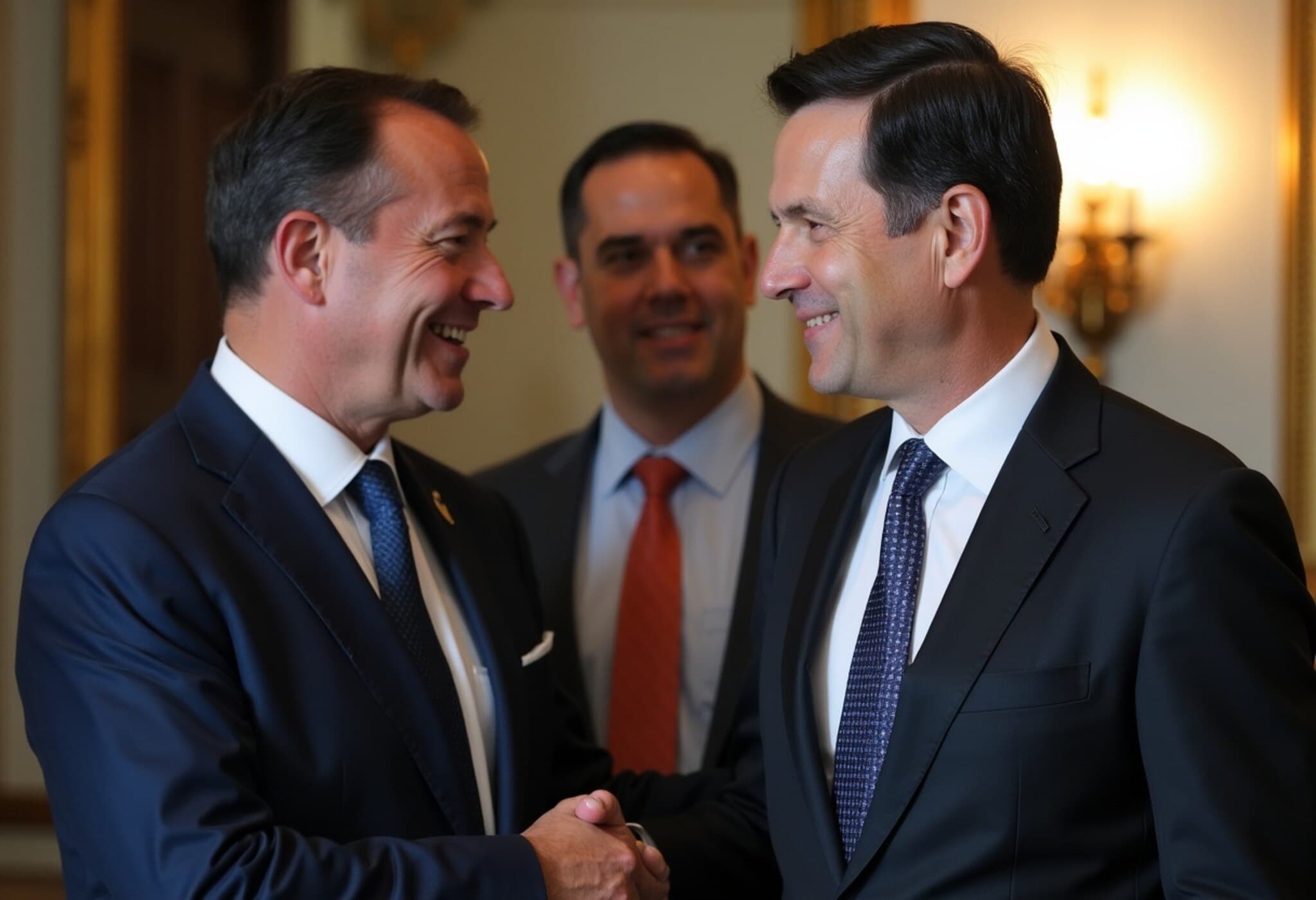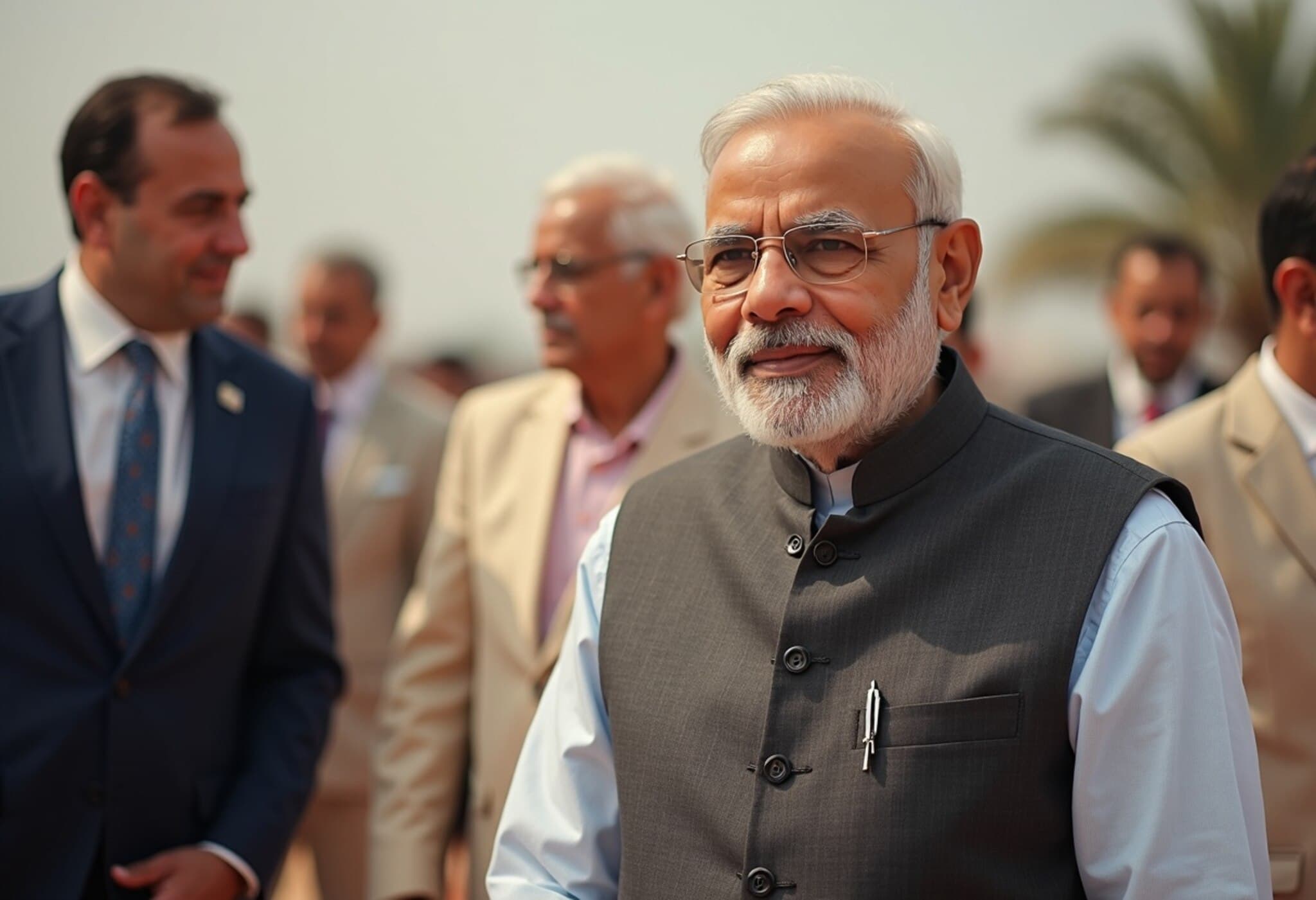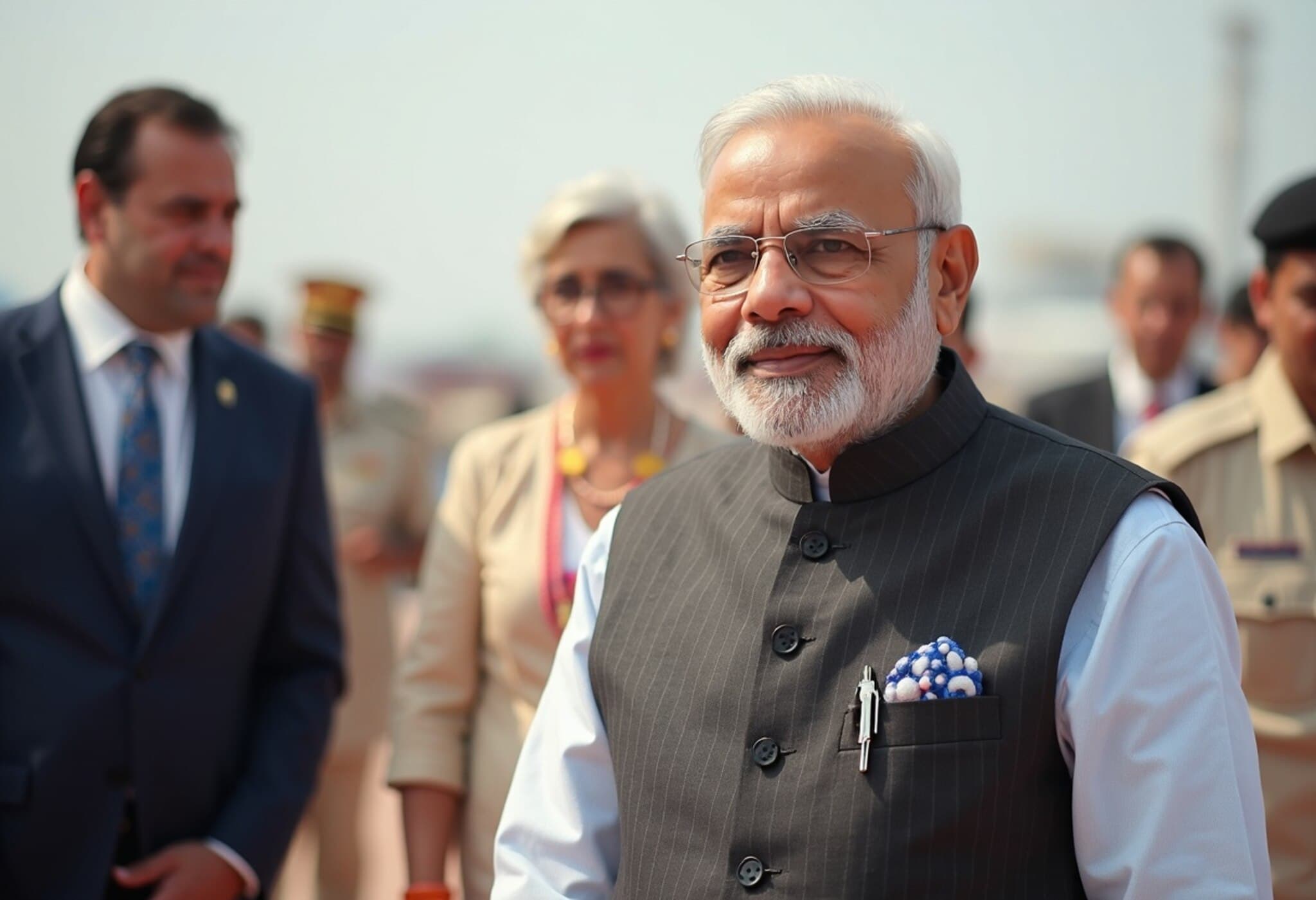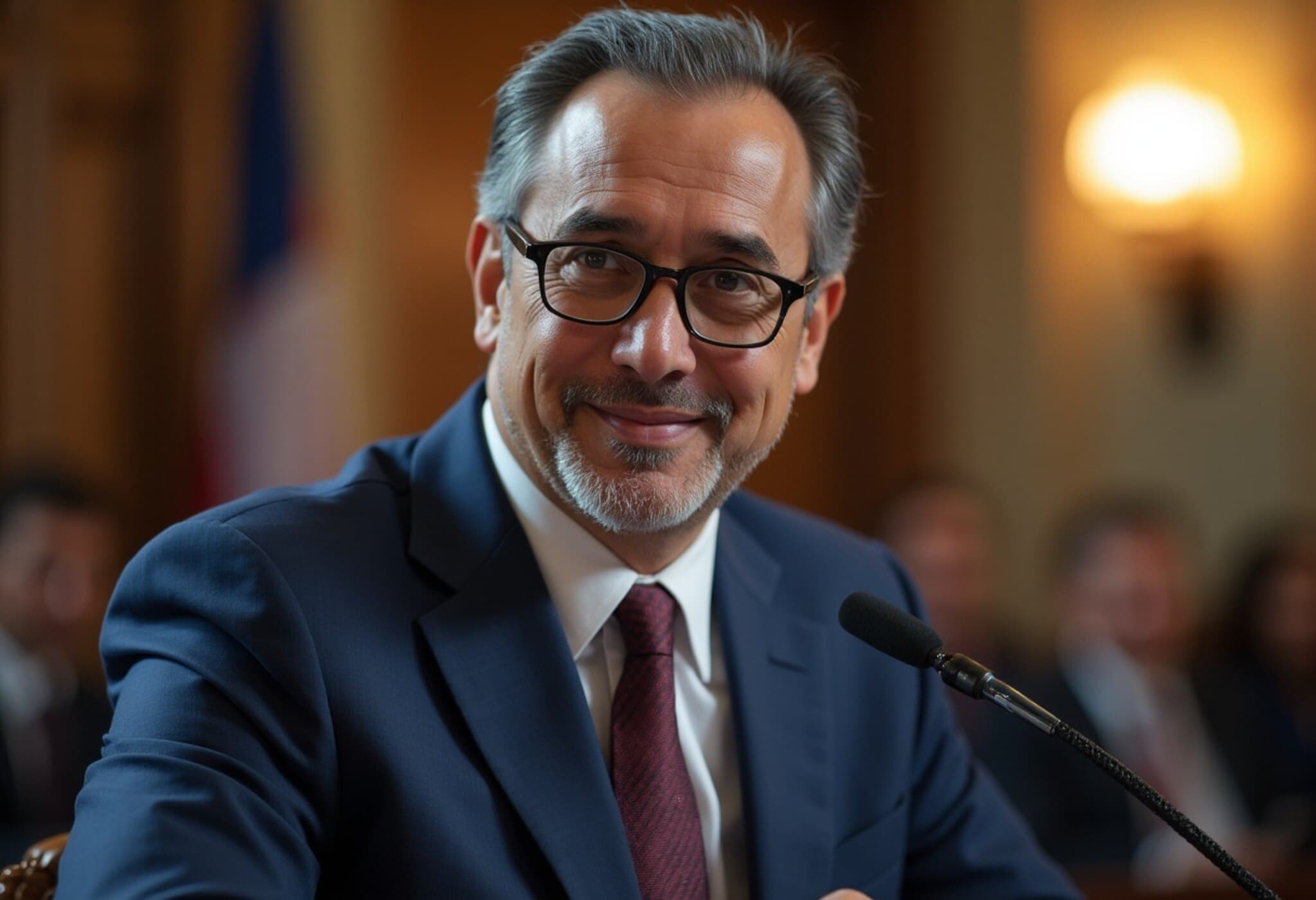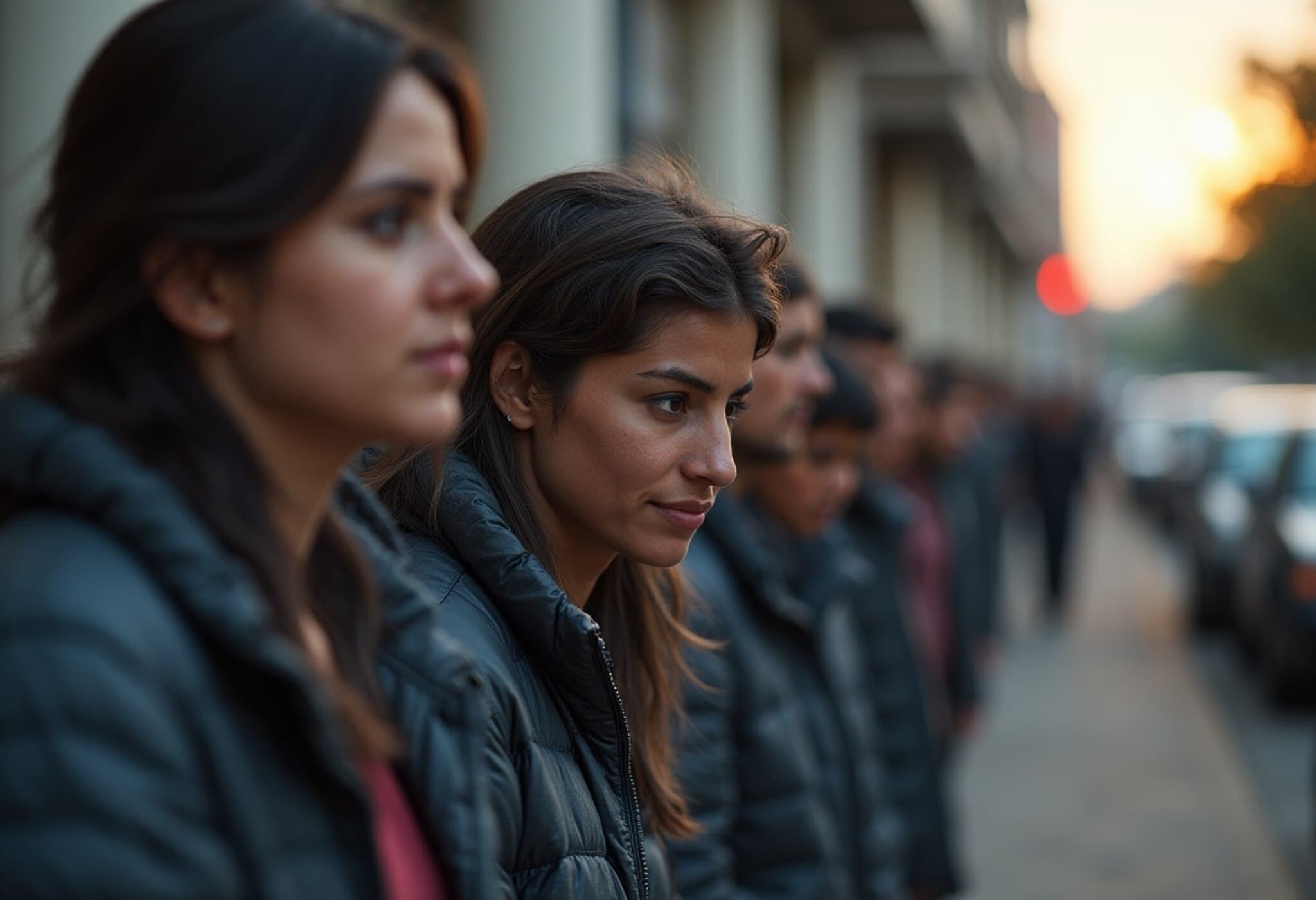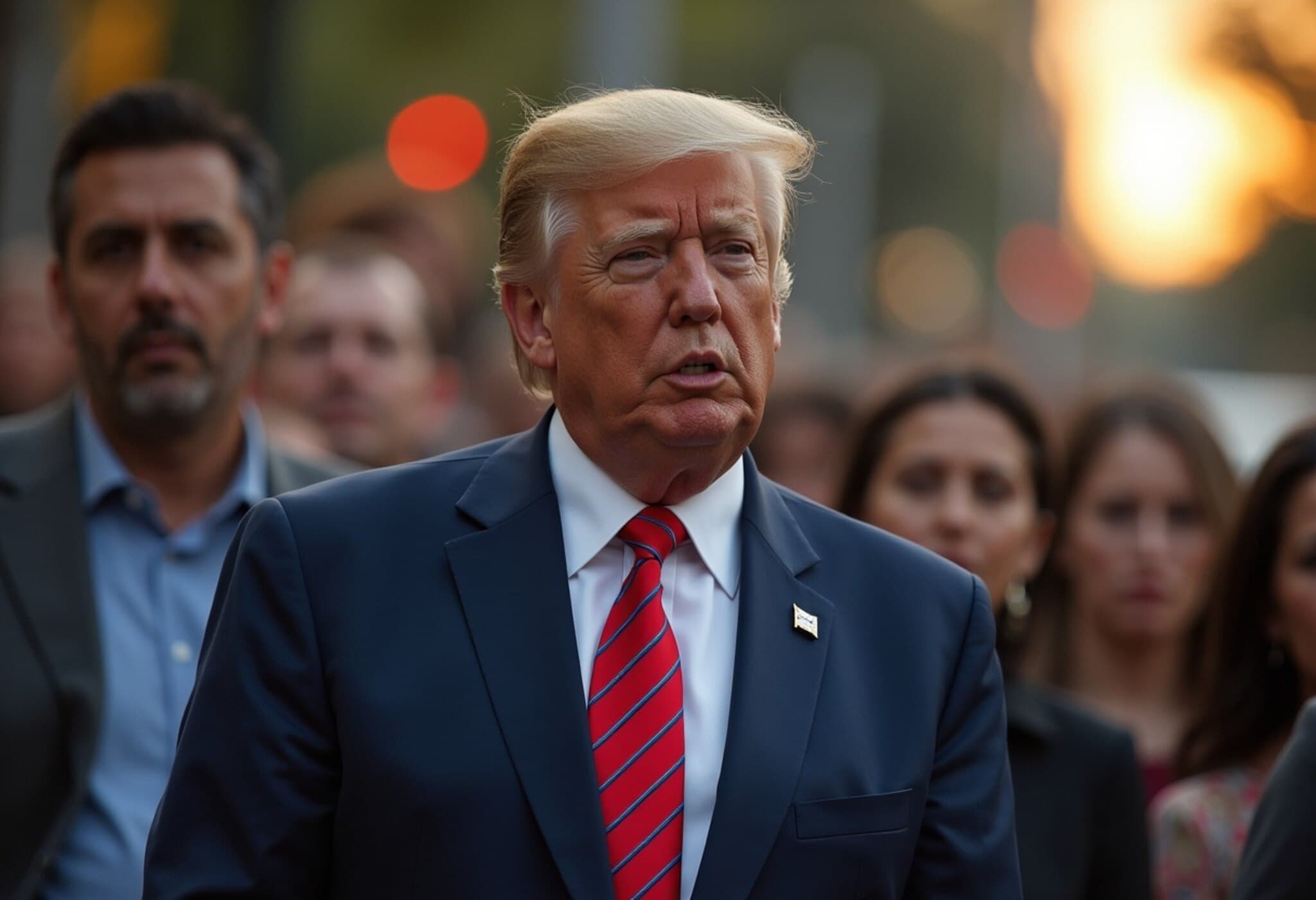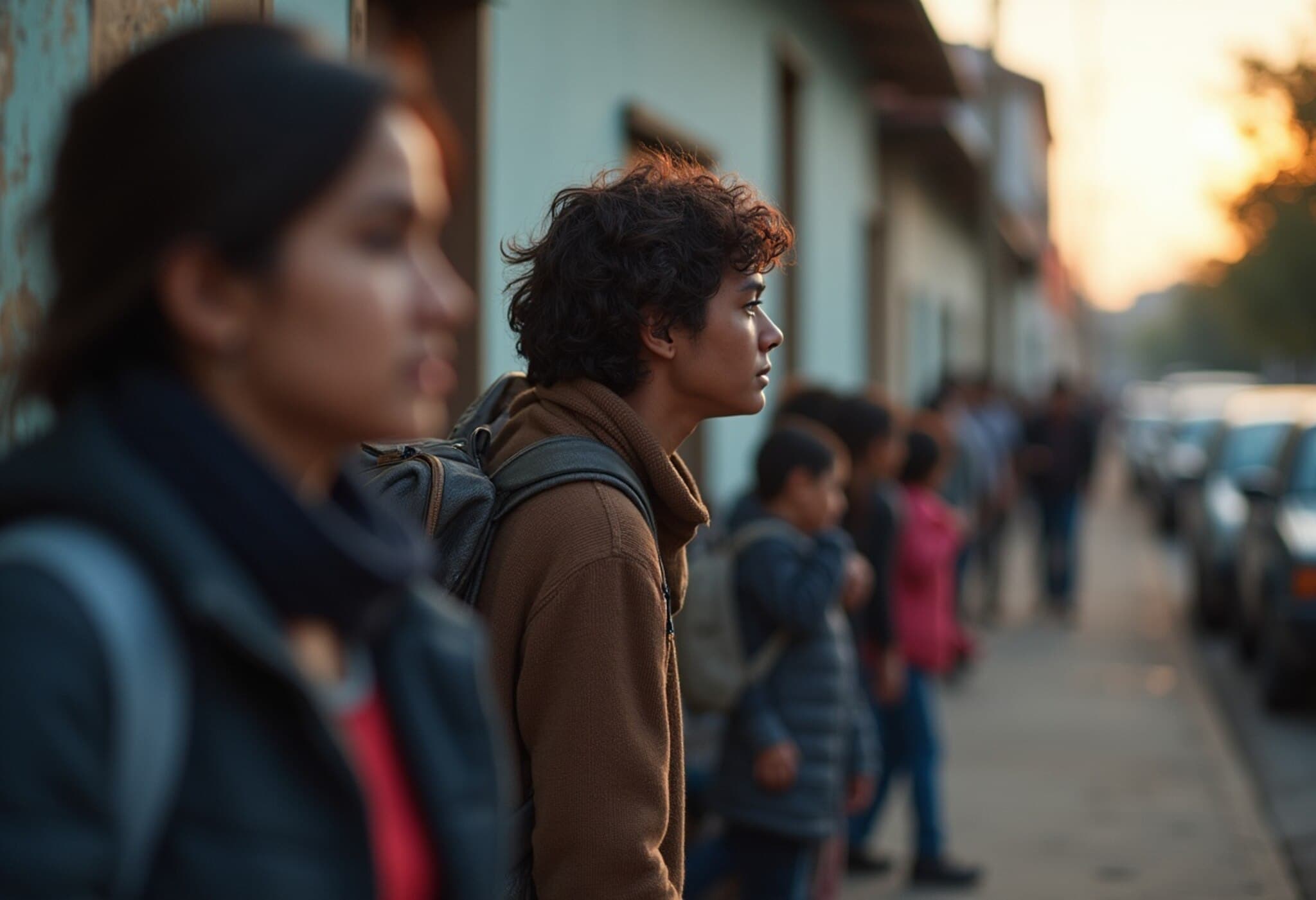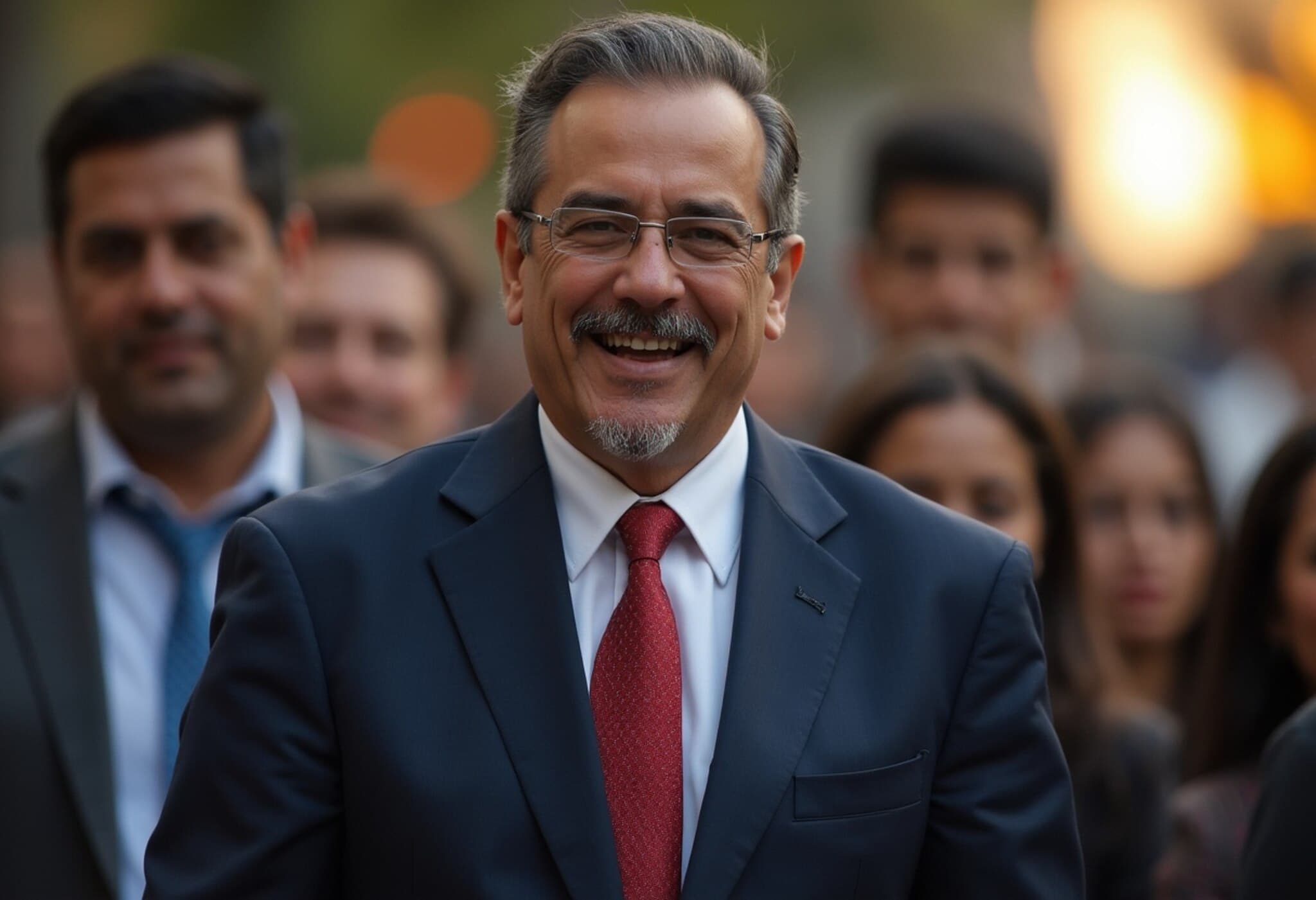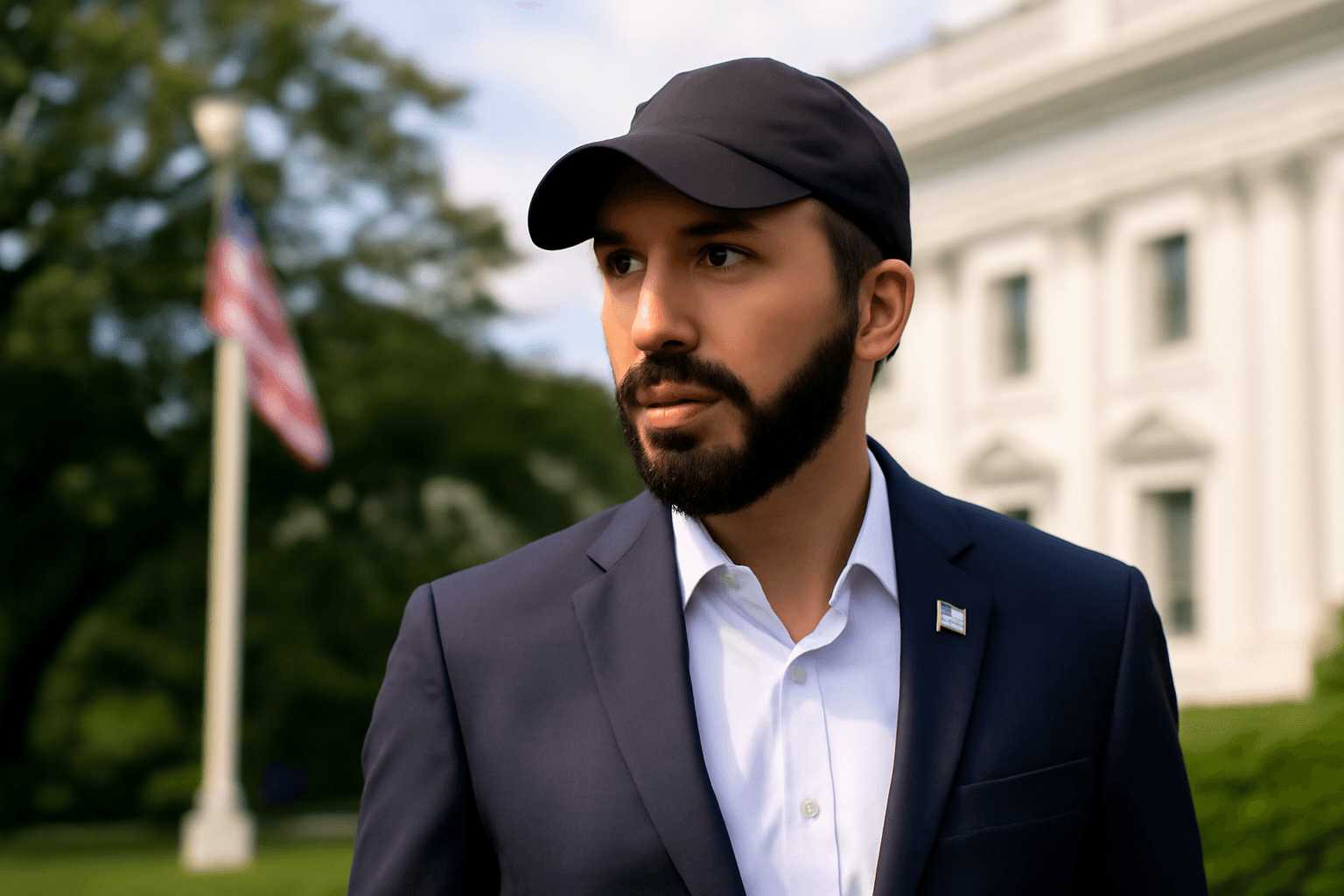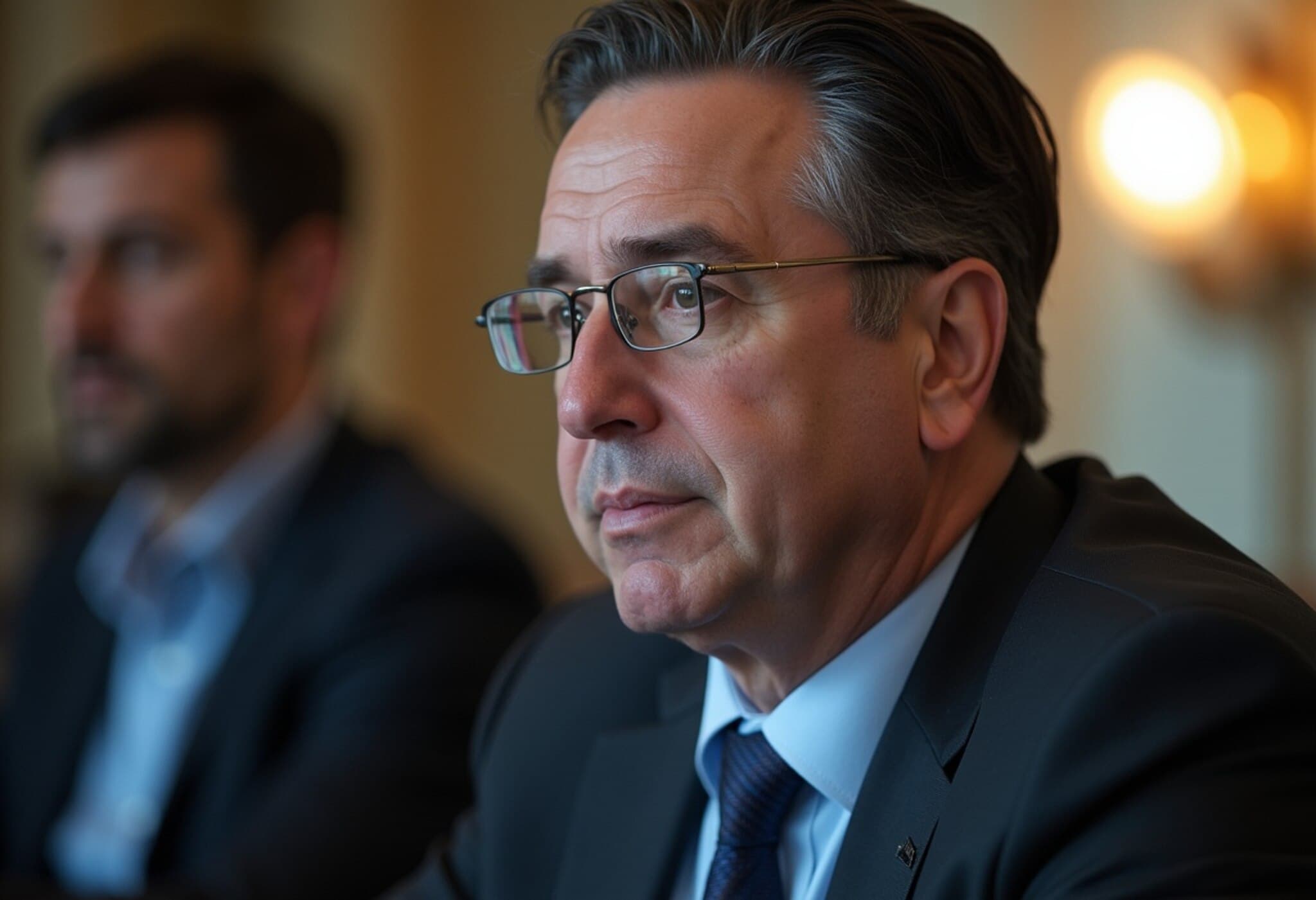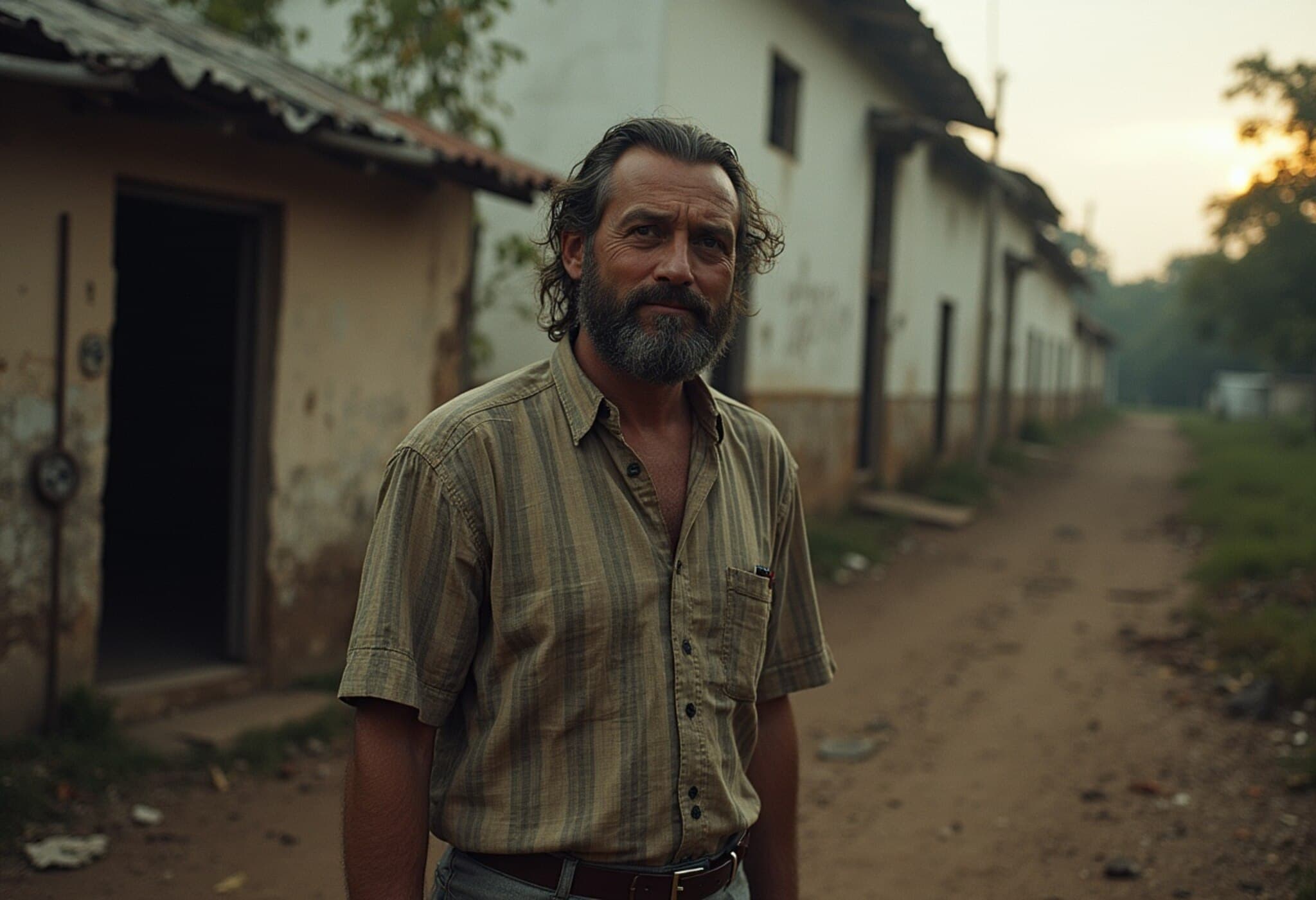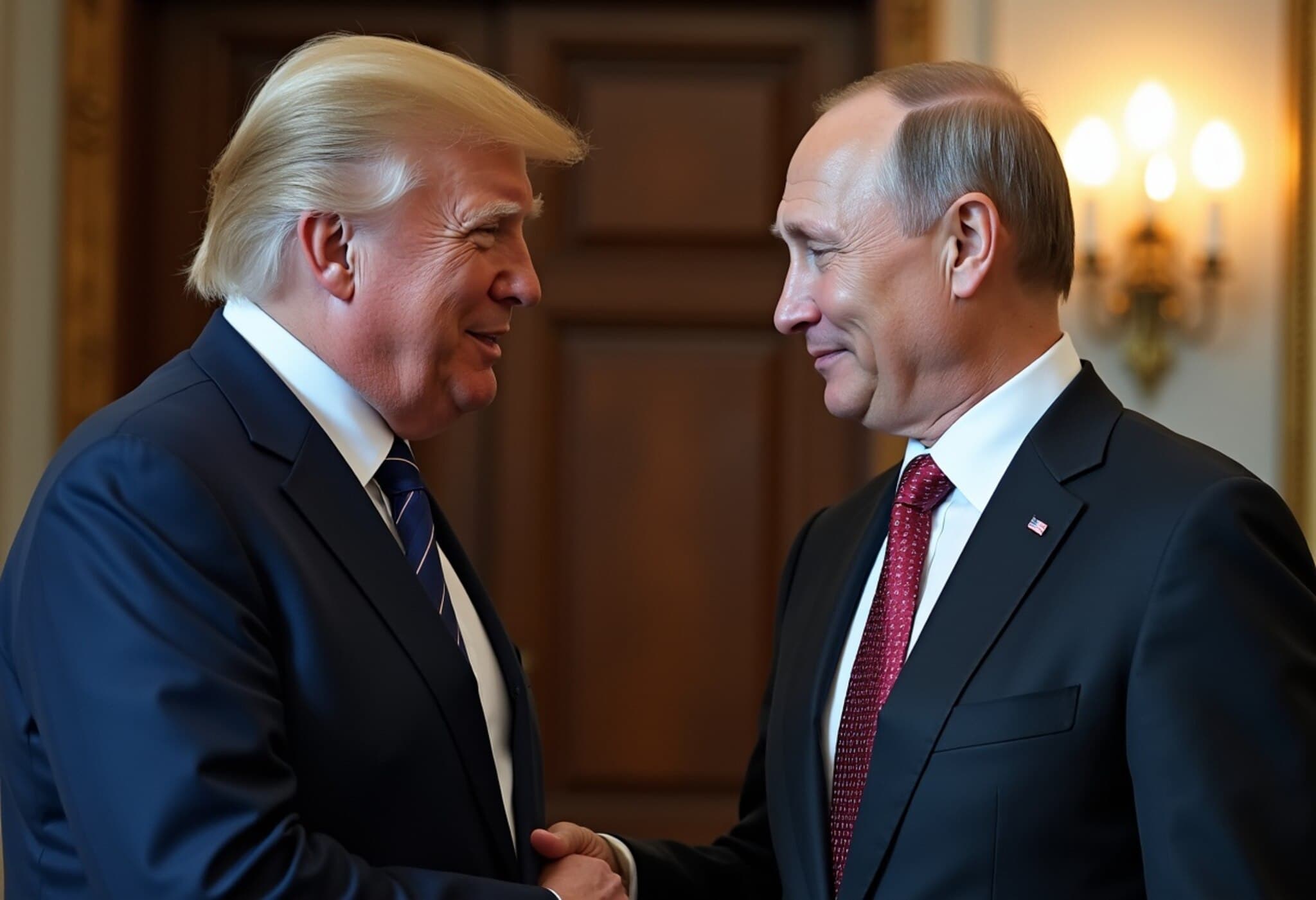Conflicting U.S. Diplomacy Undermines Prisoner Exchange with Venezuela
In a revealing episode that underscores the internal discord within the Trump administration, efforts to negotiate a prisoner swap between the United States and Venezuela fell apart due to competing deals pursued by senior American officials. The negotiations, intended to free every American detained in Venezuela along with numerous Venezuelan political prisoners, collided with an alternate proposal involving Chevron’s operations — leaving dozens imprisoned and diplomatic progress stalled.
Two Separate Negotiations, One Common Goal
Secretary of State Marco Rubio spearheaded plans aiming to exchange about 250 Venezuelan migrants deported to El Salvador for roughly 80 Venezuelan political prisoners and 11 detained U.S. citizens. These migrants, housed in El Salvador’s maximum-security Terrorism Confinement Center (CECOT), were deported under claims of gang affiliation, a classification their lawyers vehemently dispute for lack of due process.
Meanwhile, the administration’s special envoy to Venezuela, Richard Grenell, pursued an independent track offering Caracas a different deal: the continuation of Chevron’s oil operations in Venezuela — a vital revenue stream for Nicolás Maduro’s authoritarian regime — in exchange for American detainees. This proposal, reportedly pitched with a belief it had President Trump’s backing, was never formally approved and ultimately conflicted with Rubio’s negotiation.
Impact of Mixed Signals on U.S.-Venezuelan Relations
The competing diplomatic efforts sowed confusion in Caracas, leaving Venezuelan officials unsure which U.S. representative spoke for the administration. Such discord reflects the broader fragmentation that permeated Trump’s political figures in the era, where competing factions vied for influence without a clear, coordinated strategy.
Human Cost: Families in Limbo
The breakdown in negotiations feeds directly into the frustrations of families with loved ones caught in Venezuela’s harsh political detention system. Petra Castañeda, whose son Wilbert Castañeda — a Navy SEAL — has been detained in Venezuela since last year, lamented the disorganized approach: "You would think they would be duly coordinated," she said.
Similarly, Jetzy Arteaga, whose son remains held in El Salvador after deportation, reflected on the painful realization: “At first, when we heard that our sons were being used as bargaining chips, this offended us a lot… But now we realize there is no other option.”
Broader Context: U.S. Policy on Venezuela and Migrants
- The Trump administration’s approach to Venezuela shifted from sanctions and presidential recognition contests in its first term to tentative engagements and individual negotiations in the second.
- Donald Trump’s declared close alliance with Venezuelan opposition through sanctions clashed with efforts like Grenell’s to pragmatically negotiate releases by leveraging Chevron’s sizable oil presence.
- El Salvador detains migrants labeled by the U.S. as members of the Tren de Aragua gang, a charge that remains legally contentious and has been criticized by human rights advocates.
Negotiations reached a critical point in May 2025. Venezuela was reportedly set to send a state plane to El Salvador to repatriate the migrants, and the U.S. was preparing flights to retrieve detained Americans and political prisoners from Caracas. However, these plans unraveled following internal miscommunication and political opposition from influential Republican factions, particularly Cuban-American legislators concerned about lifting oil sanctions.
Expert Insight: Lessons on Diplomatic Coordination and Human Rights
This episode serves as a cautionary tale about the pitfalls of fragmented diplomatic efforts, especially when delicate human lives hang in the balance. Experts emphasize that unified messaging and comprehensive policy coordination are essential for credible negotiation — particularly when dealing with authoritarian regimes known for exploiting detainees as political pawns.
Furthermore, the case sheds light on the often overlooked plight of migrants caught in geopolitical disputes, whose rights and freedoms become bargaining chips in international power plays.
Questions Moving Forward
- Will the U.S. government establish clearer diplomatic protocols to prevent similar mixed signals?
- Can bipartisan consensus be achieved to resolve humanitarian issues independent of domestic political agendas?
- What legal and human rights frameworks can be reinforced to protect deported migrants from indefinite detention without due process?
Current Status and Looking Ahead
The original swap deal remains technically open but on hold. The Trump administration has not authorized Chevron to resume oil production in Venezuela, and migrants remain incarcerated in El Salvador. President Trump’s White House downplays factionalism; however, leaked communications and divergent negotiation tracks reveal a less cohesive reality.
The ongoing detention of Americans abroad, including military veterans like Joseph St. Clair, keeps pressure on U.S. officials to find a resolution — but the path forward will require bridging internal divides and committing to clear, human-centered diplomacy.

